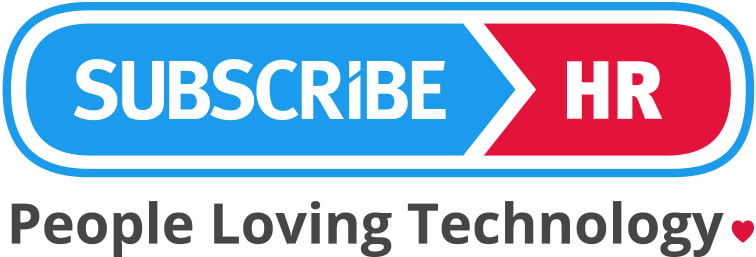Want the horsepower of a state-of-the-art HRIS without the overhead of a months-long deployment or sizable startup fees, not to mention the hefty costs associated with ongoing maintenance?
That’s the promise of a new class of HR software more commonly referred to as on-demand or SaaS (software as a service). This method, popularized by CRM providers like Salesforce.com, trades up traditional software licenses and on-premise deployment in favor of a subscription-based approach, which delivers an application over the Internet to anyone with a Web browser.
Rather than having to spend hundreds of thousands — or even millions — of dollars on software licenses, companies opting for an on-demand HR solution are billed on a monthly basis only for the modules in use and the number of employees who access the software. Additionally, companies avoid the pain and cost of complex upgrade cycles, since the on-demand applications are automatically updated and delivered to customers on a routine basis.
On Premise Versus Outsourcing
As on-demand CRM and ERP (Enterprise Resource Planning) applications gain traction, so too are on-demand HR solutions. According to a study by market-research firm AMI-Partners Inc., more than 34 percent of medium-sized businesses are using Internet-based HR services, while 21 percent of small businesses have jumped on the on-demand HRIS bandwagon. AMI-Partners analysts expect those numbers to rise over the next few years, as small- to medium-sized businesses realize that Web-based HR solutions can strike just the right balance between on-premise HR systems, which are costly and resource-intensive, and full-service HR outsourcing, which can also be expensive.
To satisfy demand, a wide range of vendors are getting in on the action. Companies such as Ultimate Software, Employease, HRnet Software Systems, Emportal and Workday offer on-demand HR systems, as do traditional enterprise software providers such as Oracle Corp. and Softscape Inc.
For Altanta-based pharmaceuticals company Sciele Pharma Inc., efficiency had everything to do with its decision to go with an on-demand HR solution. “We don’t have the man power and resources in HR or IT to administer an HR system in house,” explained Mark Banks, Sciele Pharma’s vice president of human resources, when discussing his firm’s choice to go with the UltiPro hosted solution from Ultimate Software. “We’d rather go with an on-demand system than expend additional man power or dollars. We also get higher-quality technical service,” Banks said.
Security and Customization
Beyond the upside to SaaS-based HR solutions, there are a couple of points to consider. Security is an issue for many companies that aren’t comfortable with the idea of their personnel information living off-site. Additionally, on-demand applications are typically less suitable for customizations, which can be a problem for some companies with HR processes and policies that dictate some adjustments.
Ultimately, the question of whether to go with an on-demand HR solution or the more traditional on-premise route may boil down to a simple matter of size. Larger companies, which can amortize the cost of an enterprise HR solution across a large population of employees, might be better served by investing in the hardware and software necessary to run the HR programs in house. Smaller firms, on the other hand, can typically get more HR bang for the buck with an on-demand solution. “It’s an ROI (return on investment) question,” noted Matthew Brown, principal analyst with research firm Forrester. “If you’re a smaller company with a smaller base, hosted software looks like it costs less.”
For more information on HRIS, see HR World's HRIS Resource Center. For more information on HR outsourcing, see HR World's HR Outsourcing Resource Center.
Source: HRWorld

